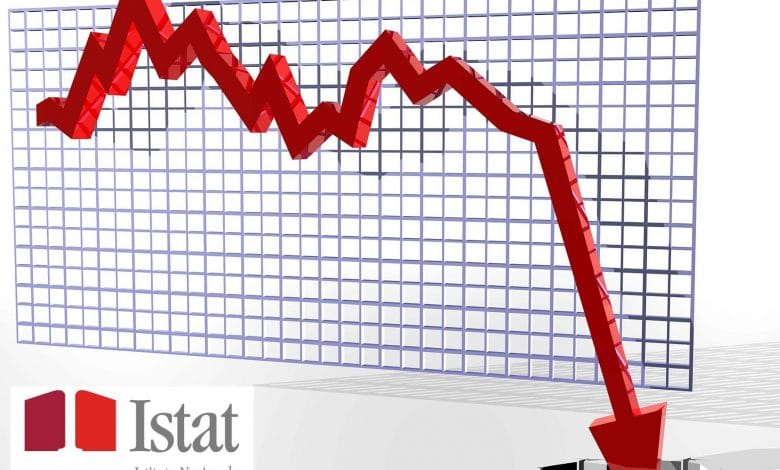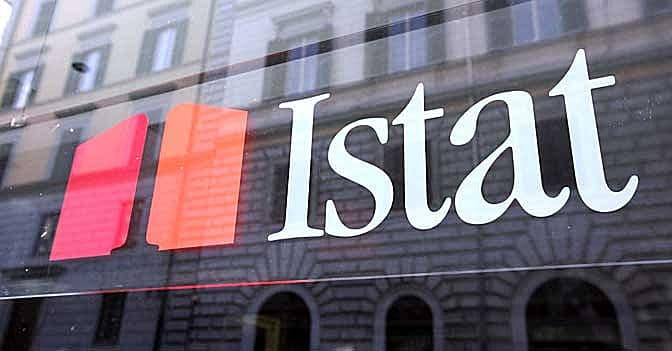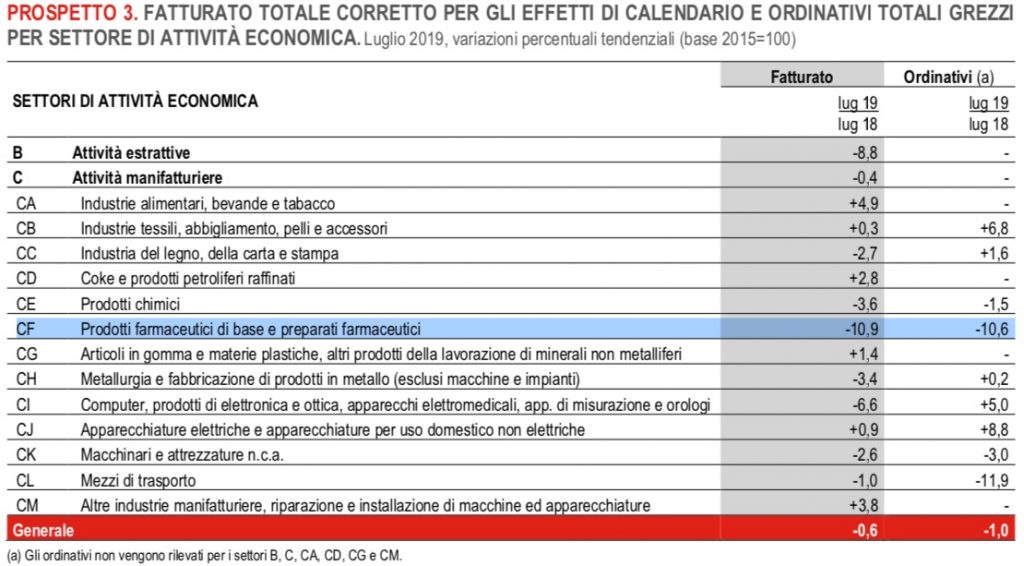
In July it is estimated that the turnover of the industry decreased by 0.5% in quarterly terms. On a rolling quarterly basis, the overall index shows limited growth (+0.3%) compared to the average of the previous three months.
Orders also recorded a cyclical drop in July (-2.9%), while the average of the last three months showed a modest cyclical increase (+0.1%).
 The negative trend in turnover reflects monthly declines on both markets: -0.6% is the decline recorded by the domestic market and -0.4% that recorded for the foreign market. For orders, the cyclical decrease derives from a marked contraction of orders from the domestic market (-4.2%) and from a more modest contraction of those from abroad (-0.8%).
The negative trend in turnover reflects monthly declines on both markets: -0.6% is the decline recorded by the domestic market and -0.4% that recorded for the foreign market. For orders, the cyclical decrease derives from a marked contraction of orders from the domestic market (-4.2%) and from a more modest contraction of those from abroad (-0.8%).
With reference to the main groupings of industries, in July the seasonally adjusted turnover indices show cyclical increases of 3.1% for energy and 0.2% for consumer goods; Negative changes were recorded for intermediate goods (-0.3%) and capital goods (-2.4%).
Corrected for calendar effects (the working days were 23 against 22 in July 2018), total turnover decreases in trend terms by 0.6%, with drops of 0.8% on the domestic market and 0.3% on the foreign market .
Within the manufacturing sector, the food sector recorded the most significant trend growth (+4.9%), while the pharmaceutical industry shows the greatest drop (-10.9%).
In trend terms, the raw index of orders decreased by 1.0%, the synthesis of a slight increase on the domestic market (+0.3%) and a marked decrease on the foreign market (-2.9%). The greatest tendential growth is recorded in electrical equipment (+8.8%), while the worst result is seen in the means of transport industry (-11.9%).
ISTAT - Foreign trade: pharmaceuticals, chemical-medicines and botanicals (+27.3%).In the first seven months of 2019, the year-on-year increase in exports (+3.2%) is mainly driven by sales of pharmaceutical items mainly to the United States






